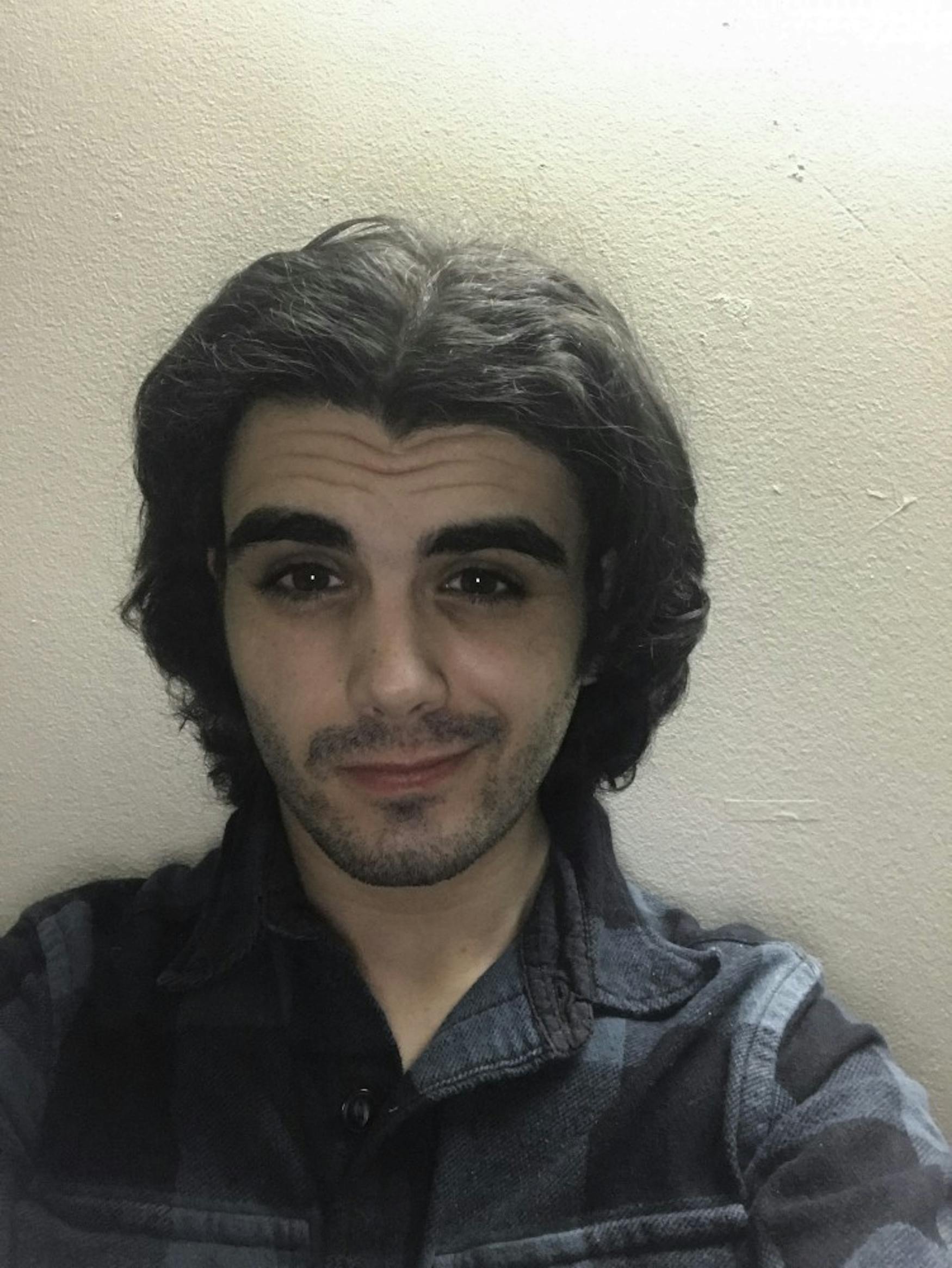Interview: Marek Haar '20
This week, justArts spoke with Marek Haar ’20 who directed “Blithe Spirit.”
justArts: How did you come across the opportunity to direct “Blithe Spirit?”
Marek Haar: So, I saw “Blithe Spirit” about a year and a half ago with Angela Lansbury, so of course I fell in love with it! I watched it several more times; it became my favorite comedic play, and I knew I had to be part of it somehow. So I decided if I wanted to make it happen, I knew I had to make it happen myself. So, I pitched the play to the theater department; I lobbied a little, got my votes, it got through the process, then I applied to direct it; I suppose my interview went well, so I got to direct it!
JA: What was your favorite part of directing?
MH: I think the actual giving of direction is a lot of fun. I think the really creative aspect of it is the most fun part for me, being able to communicate what you’re envisioning is something you really can’t experience in any other artistic field. I mean, as an actor you can communicate with the director what you’re thinking, but as the director, you can really mold your vision into a reality. I just think that’s super cool.
JA: What was the most challenging part of directing?
MH: I think the most difficult part of directing is molding your direction to various actors. Different actors respond very, very differently to different kinds of direction. You know, for one actor it might be much more helpful for me to give abstract food items that describe their character! For Charles [Abram Foster ’19], I described him as a saltine cracker with Stilton cheese, Jalapeño marmalade and honey. I hope that was helpful for him! You know, I try different things with different actors — sometimes, it’s most helpful to literally say exactly what I want [from them]. Whatever I want, I just say it with emphasis on this word and this word and this word. For some actors, the literal-ness is helpful; for others, it’s much more helpful to be abstract. You know, it’s difficult when you’re in that moment, immediately switching from actor to actor and being able to provide helpful feedback. I find it very easy to provide feedback, providing feedback that fits each actor and will get a response is much more difficult.
JA: Is there an important message that you hope the audience took away from the show?
MH: The play, if you really examine it, concentrates on the power dynamic between men and women and especially in that time period, in the 1930s, in the West. That’s the main idea, [but] that’s not really what I want people to take away from it. It’s a farse, it’s a comedy, it’s situational comedy — I want people to take away joy from it. In a comedy, that’s really what I think is most important. I want it to be a moment where people can just relax, forget all of their troubles and just really find this moment of joy.
JA: Who is your favorite character and why?
MH: The person who I’d most like to be friends with in the show is absolutely Madame Arcati [Blake Rosen ’21]. She definitely embodies part of who I am; she has this whimsiness, kookiness and craziness about her that I just adore. She’s nuts and bonkers, but at the same time, she’s wise and knows exactly what she’s doing. Well, she doesn’t know what she’s doing, but I think she understands life better than anyone else.
—Lizzie Grossman



Please note All comments are eligible for publication in The Justice.